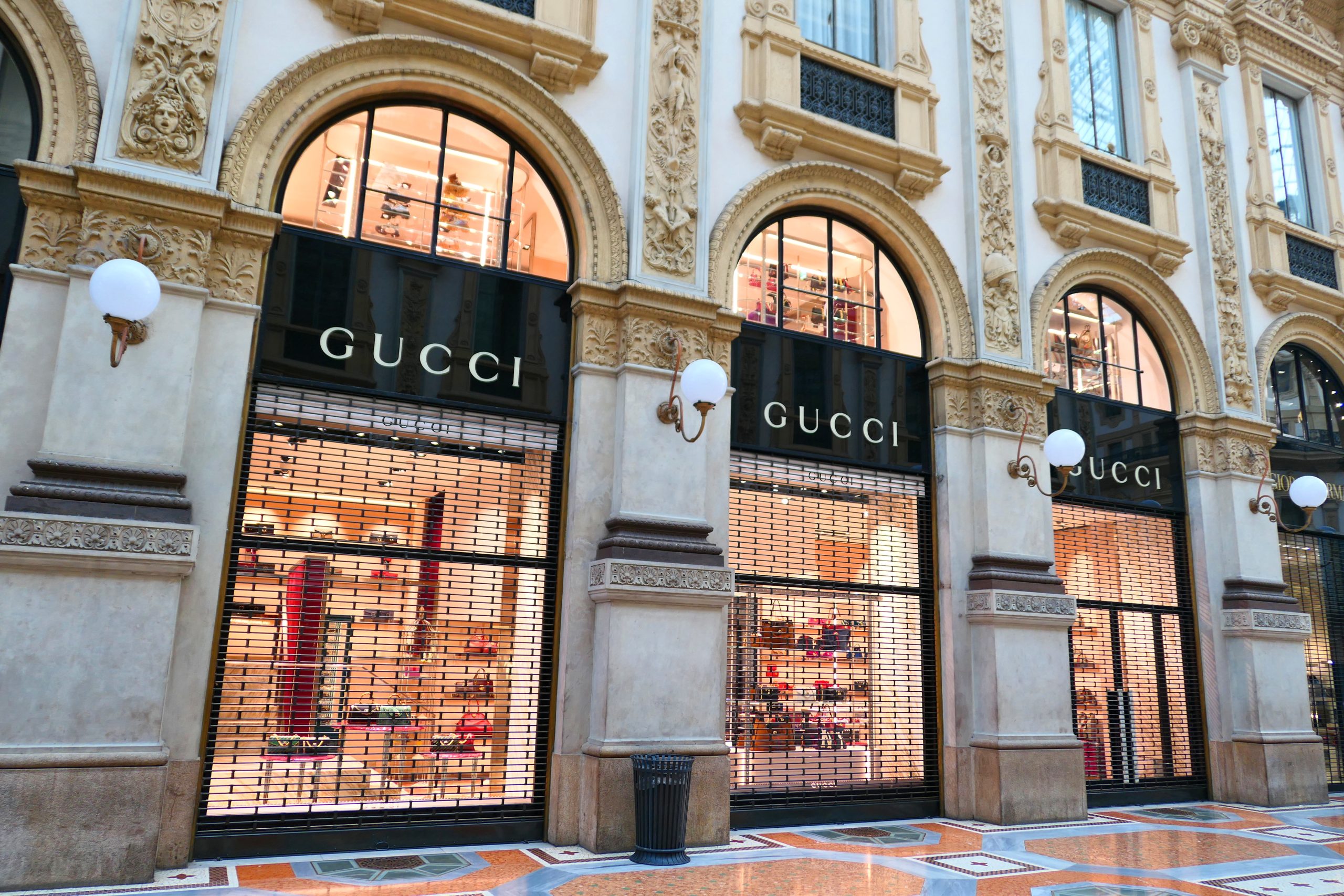
Image source: Forma Brands
Morphe announced the decision last week to close all 18 US stores, with stores outside the US remaining open. The Los Angeles cosmetics company cited a change in focus to wholesale and e-commerce markets as key factors motivating the store closures. In the leadup to the announcement, the hashtag #justformorpheretailemployees gained traction on TikTok, with one store manager stating under a week’s notice was given for a store closure.
The news has been surprising to many for a company reported in 2019 to see $500 million in sales with about $130 million in EBITDA. This success led to investment by General Atlantic, a growth equity company with investments in companies including Gymshark, Bolt and StockX. The investment secured a 60% stake in Morphe, bolstering the company’s value at $2.2 billion.
The company had seen consistent, rapid growth to that point. However, a series of issues in the intervening period contributed to financial challenges for the makeup brand. The Covid-19 pandemic led to a significant drop in sales throughout the beauty sector. In the same year, the brand cut ties with influencers Shane Dawson and Jeffree Star amid controversy. In the following year, Morphe also terminated the partnership with James Charles.
Morphe’s parent company, Forma Brands, has also experienced turbulence, with reports in October 2022 the company was considering filing for Chapter 11 Bankruptcy, among other options. A spokesperson for the company commented on this in October, outlining ongoing discussions about the options available to ensure the best outcome for Forma and its subsidiaries.
A spokesperson for the company, discussing the recent store closures, described the decision as strategically motivated to remain competitive within the sector. Consumer patterns were also cited in the shift in focus to wholesale and e-commerce. Store closures can significantly streamline the business, reducing running costs while offering a range of purchase options for consumers.
The widespread discussion of the brand’s store closures reflects the brand’s growth through social media. Morphe’s growth was driven in large part by influencer partnerships. When these partnerships were no longer viable due to controversy, the fallout was equally damaging. As the company shifts focus, the business’s wholesale partnerships and online retail footprint will be key to the beauty brand’s future strategy.

Image source: Forma Brands
Morphe announced the decision last week to close all 18 US stores, with stores outside the US remaining open. The Los Angeles cosmetics company cited a change in focus to wholesale and e-commerce markets as key factors motivating the store closures. In the leadup to the announcement, the hashtag #justformorpheretailemployees gained traction on TikTok, with one store manager stating under a week’s notice was given for a store closure.
The news has been surprising to many for a company reported in 2019 to see $500 million in sales with about $130 million in EBITDA. This success led to investment by General Atlantic, a growth equity company with investments in companies including Gymshark, Bolt and StockX. The investment secured a 60% stake in Morphe, bolstering the company’s value at $2.2 billion.
The company had seen consistent, rapid growth to that point. However, a series of issues in the intervening period contributed to financial challenges for the makeup brand. The Covid-19 pandemic led to a significant drop in sales throughout the beauty sector. In the same year, the brand cut ties with influencers Shane Dawson and Jeffree Star amid controversy. In the following year, Morphe also terminated the partnership with James Charles.
Morphe’s parent company, Forma Brands, has also experienced turbulence, with reports in October 2022 the company was considering filing for Chapter 11 Bankruptcy, among other options. A spokesperson for the company commented on this in October, outlining ongoing discussions about the options available to ensure the best outcome for Forma and its subsidiaries.
A spokesperson for the company, discussing the recent store closures, described the decision as strategically motivated to remain competitive within the sector. Consumer patterns were also cited in the shift in focus to wholesale and e-commerce. Store closures can significantly streamline the business, reducing running costs while offering a range of purchase options for consumers.
The widespread discussion of the brand’s store closures reflects the brand’s growth through social media. Morphe’s growth was driven in large part by influencer partnerships. When these partnerships were no longer viable due to controversy, the fallout was equally damaging. As the company shifts focus, the business’s wholesale partnerships and online retail footprint will be key to the beauty brand’s future strategy.



